DRIVING QUESTION:
How do we develop the earth in a God-honoring way?
Project Overview:
Our first theme unit in grade 7 is Ecology and Earth-Keeping. As a launch to this unit, students travel to Newcastle Island, near Nanaimo, British Columbia, to explore and identify God’s flora and fauna, to learn the history of people groups (Kanaka, Japanese, Snuneymuxw, Hudson’s Bay, CP Rail), and to practice creation care. Students spend three days on the island.
Upon returning to school, students create a promotional video outlining their learning on Newcastle Island. These videos are sent to BC Parks with the hope of sharing it on their website.
As a continuation of information learned from Newcastle, students will take a close at their backyard (community) and identify areas that are facing potential development. Students practice skills they learned at Newcastle Island as environmental assessors. Students visit various sites to analyze the impact development would have in the existing ecosystems. In doing this, students seek input from a variety of perspectives including: neighbours, developers, city planners, mayor, builders, biologists/ecologist, arborists, and first peoples. In preparation for this, students research the role of each of the aforementioned perspectives. They also learn interview skills.
After conducting interviews, students synthesize the information while considering Christian and Indigenous worldviews on creation care. From here, students decide whether the development should proceed, and if so, with what ecologically friendly recommendations. If they decide that the proposal should not go ahead, they must be able to defend their argument with sound Christian, Indigenous, and ecological principles. Once decisions have been made, students write a business letter to City Councillors outlining their suggestions and concerns about impending developments in their city.
“We were happy to see how engaged students were in the project, despite the challenge to think critically for various tasks. Although it was difficult to find some people to interview, others were very willing to share their ideas and participate in the project. Going forward with this project, the city Development and Planning Department have volunteered to lead student groups on initial city development field trips. This would include an environmental assessment officer. One change we would like to make for next year is to streamline the interview process by having more “perspectives” come and speak to the students at school. Another addition would be incorporating more specific lessons about the ecosystems in each development area. “
Product/Presentation:
- Letter to the City of Abbotsford.
- Promotional video explaining their research and opinion on their specific development.
How has this engaged students in ACS’ mission and vision?
Engaging Minds: By teaching students to consider other perspectives in development (ecologist, neighbour, first nations, developers, builders, city planner, arborists).
Nurturing Hearts: By empowering students to know that they can make a difference. They have a voice, and even in their youth, they can influence others through their learning and opinions.
Shaping God’s World: By taking care of creation and being aware of our environmental impact in Abbotsford through proposed housing developments. Students are encouraged to have a voice and take action on locally proposed developments. Hopefully, their letters will impact future decisions.
How has this learning experience served or connected to our community?
Students will better understand what it means to be responsible contributors within a community by researching areas in Abbotsford that are facing potential development. Students will need to seek out and interview people from our community whom they may not know. In doing this, they are gaining skills in which they interact with the world beyond grade 7 (city developers, neighbours, etc.), which encourages intergenerational communication. Throughout this process, students gain a broader understanding of the development process, how our city approaches development, and the potential impact they can have as a citizen.
Extension options for this project include:
- Letter to the editor of “The News”
- Informational videos outlining students’ positions
- Listening and participating in a city council meeting (pending connections to said developments)
- Potential new POL focus
- Assessment of developments for future ACS investments
“This project has provided opportunities for students to be authentically engaged in the real world. Many students could personally reflect on how the various developments they studied have impacted themselves and those around them. In addition, students have gained confidence by learning how to ask effective and respectful questions, and to go off script when necessary to gain deeper understanding from the interviewee. By writing a letter to the city of Abbotsford, many students have found ownership and value in the work they did.”
SAMPLE PROJECT FILES:
Please do not reproduce without prior permission. To make this request, please email us.
Video Planning Worksheet
Rubric for Development Business Letter
Development Observations On-Site
Business Letter Example
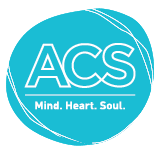

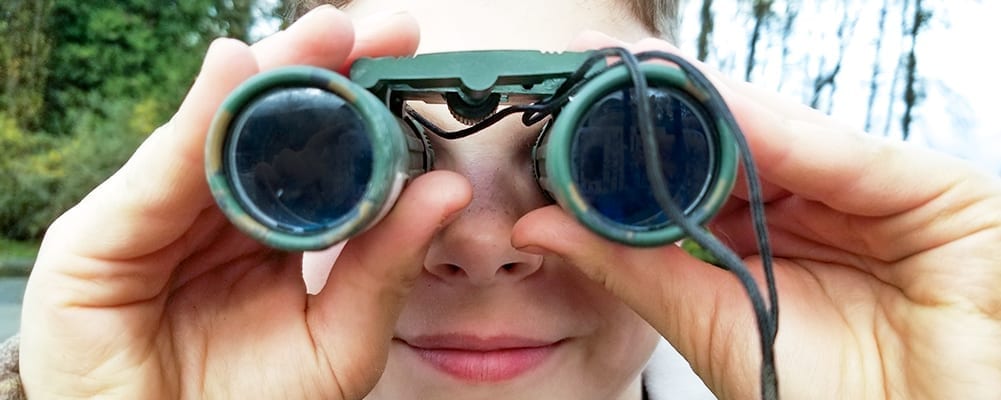
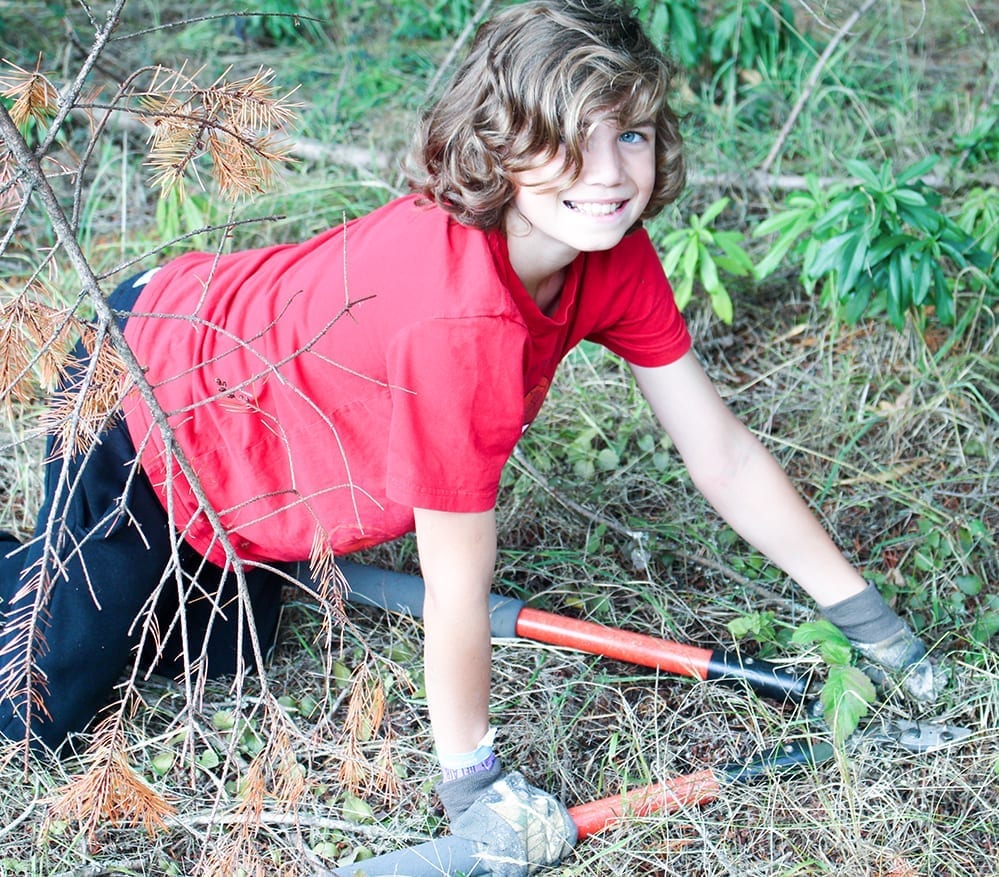
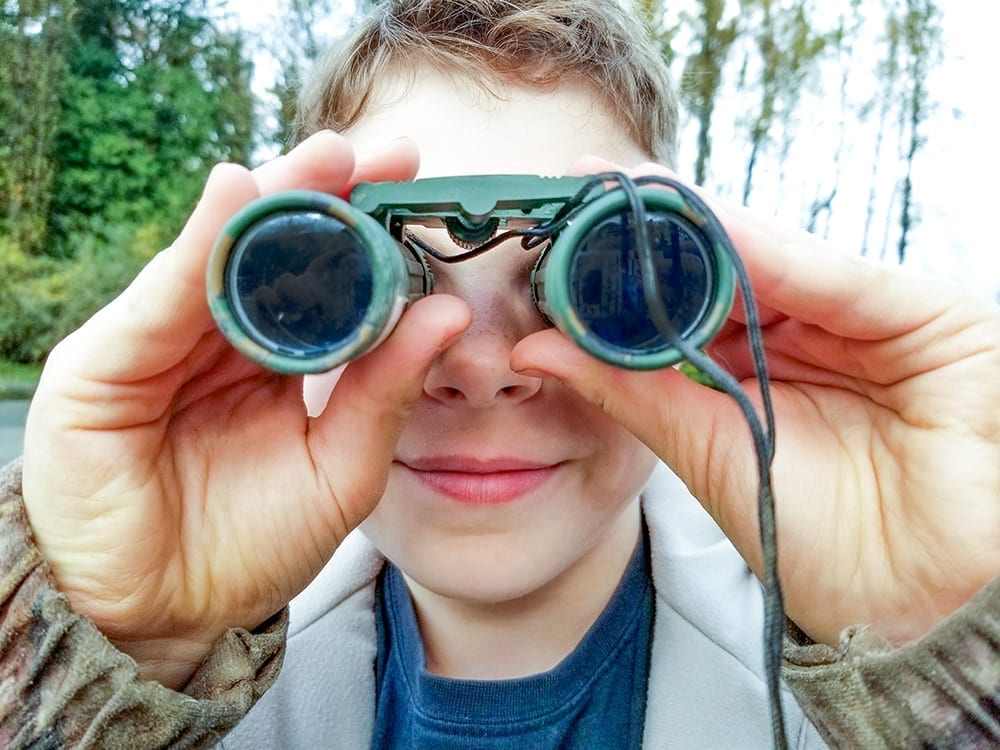
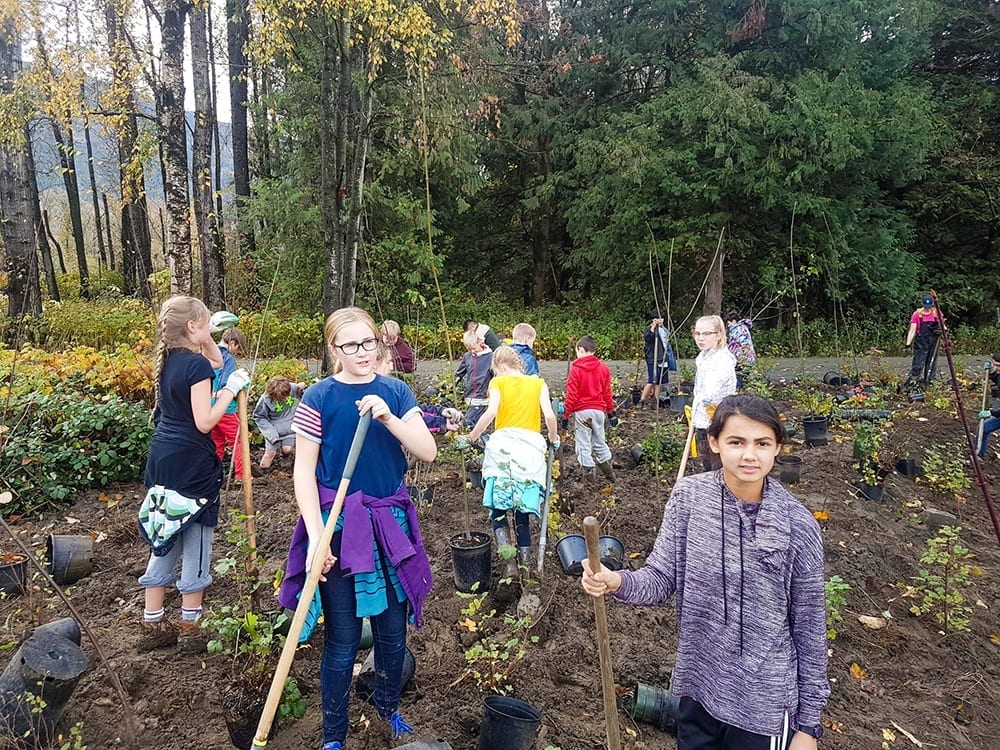


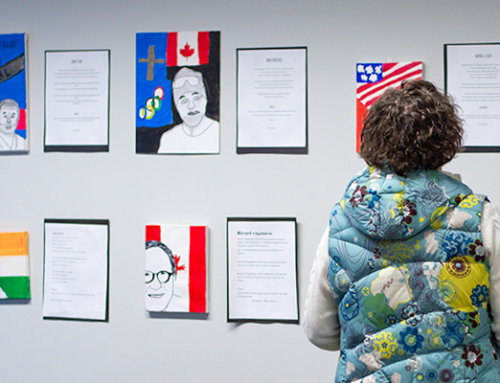
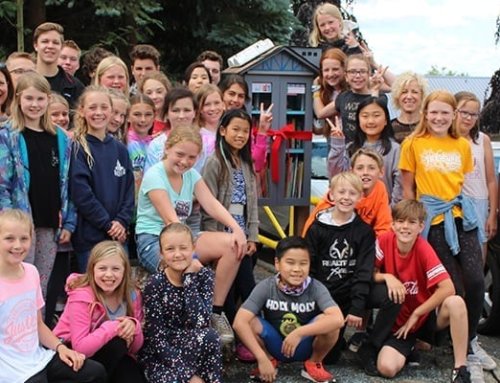
Leave A Comment